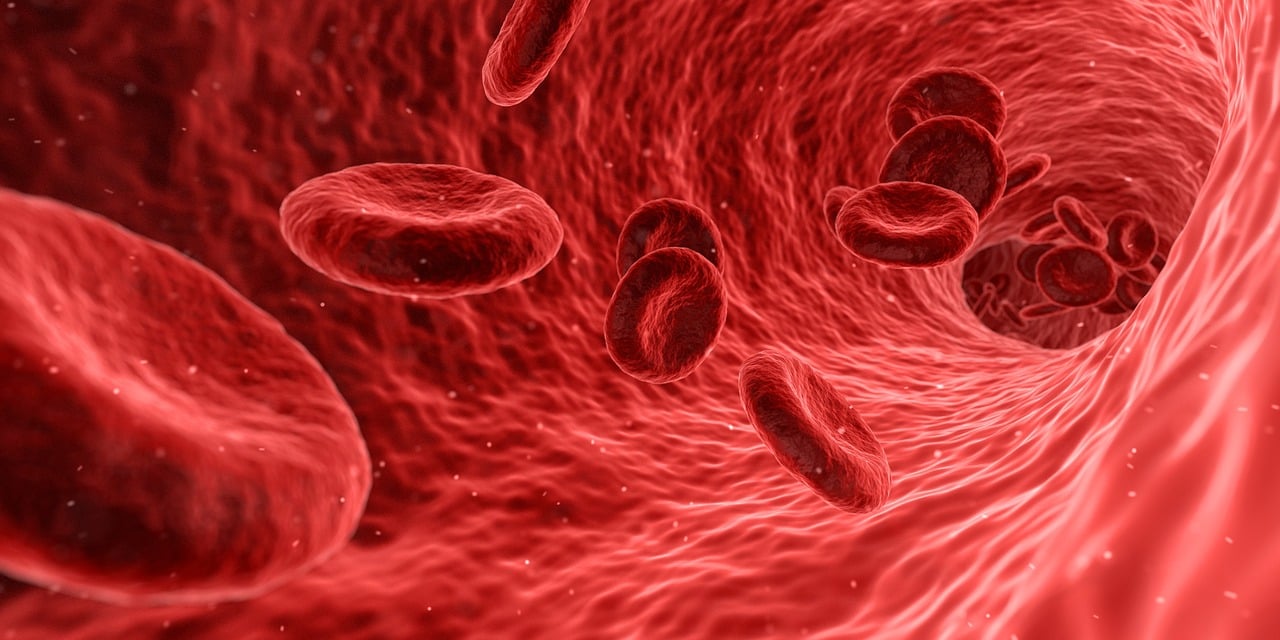Putting the individual person and their specific characteristics at the center of the treatment process. This is what personalized medicine does, an approach that allows drugs and therapies to be calibrated to the patient’s needs, dictated by his genes and his living environment. This is a fundamental health achievement, which allows us to tackle even highly disabling diseases in a targeted and diversified – and therefore more effective – way for the individual patient. He knows it well Elena Masselli, professor at the University of Parma and doctor of the Hematology and CTMO Operational Unit of the hospital in the same city, who studies the way in which personalized medicine can deal with blood cancers. The doctor will be a guest at the Festival of contemporary thinking in Piacenza, an event curated by Alessandro Fusacchia e Andrea Colamedicidove on September 23 will hold a panel entitled «To each his own care. Where does personalized medicine come from and where is it going”together with the science journalist Silvia Bencivelli.
Doctor, since when did we start talking about personalizing care?
Personalized medicine is the result of the advancement of technologies in the medical field; we started talking about it, therefore, when our knowledge of pathologies went into the detail of genetics, molecular biology and what we now call “omics” sciences.
Meaning what?
Genomics, proteomics and metabolomics. The first studies the genes, the second the proteins of the cell, which are expressions of the genes, and the third the proteins involved in metabolism. These are techniques that have allowed us to investigate and understand the pathophysiology of diseases in an extremely precise way and above all they have made us understand that theand pathologies can have different nuances in the individual patient based on his individual characteristics. The objective is to take this individuality into consideration when we face the diagnosis, the treatment process and evaluate the response.
So can the same disease be different depending on the person affected by it?
Certain. Let’s take the example of my area, which is that of blood cancer pathologies. Illness is always generated by an interaction between a cell that becomes ill – because it mutates, let’s say, and then begins to divide and give rise to tumor proliferation – and the organism. It is in this interaction that the individual nuance comes into play which determines the way in which the disease will then manifest itself clinically, which can be very different from subject to subject.
Elena Masselli, personal photo
What influences the diversity found among patients?
There are many factors, linked both to our genetic code and to environmental factors. We know, in fact, that the same genes in different environments can give rise to different disease phenotypes. There can be real genetic mutations that give rise to pathologies, but also polymorphisms, i.e. non-pathological gene variants, which however give rise to individual variability that the doctor has to deal with. They didn’t know this 30 years ago, but now we have to take it into account: the same medicine can be metabolised differently, precisely on the basis of individual variations. I have to think about it when I choose the drug, the doses and the timing.
A genetic analysis is certainly not done every day. How do you understand what the individual characteristics of patients are?
In the oncology and hematology fields, this type of analysis is increasingly becoming part of medical routine to completely characterize the disease. Undoubtedly not everything is routine, so we have studies, research, protocols precisely to try to evaluate the impact of a personalized approach and its sustainability by the healthcare system. These are tests that have a high cost, even if in recent years, for example, the genetic analyzes that are done to study tumors have a lower price.
He also talked about the environment as a factor that can influence the way in which a disease manifests itself and the response to treatment. So does it mean that, given the same genes, we have the possibility of influencing our response to certain pathologies and the medicines to treat them with our lifestyle?
The environment, as I said, can impact the expression of our genes. A person, therefore, can do their best to positively modify the environmental factors that surround them.
Is personalized medicine only valid for oncological pathologies?
Indeed, oncological diseases have benefited greatly from personalized medicine, but there are also others, such as chronic inflammatory diseases, including autoimmune diseases. These are pathologies in which the genetic component is well recognisable, often very disabling. The fields of application are the most disparate and concern the whole of medicine.
Top, photo by Alex Socha from Pixabay
